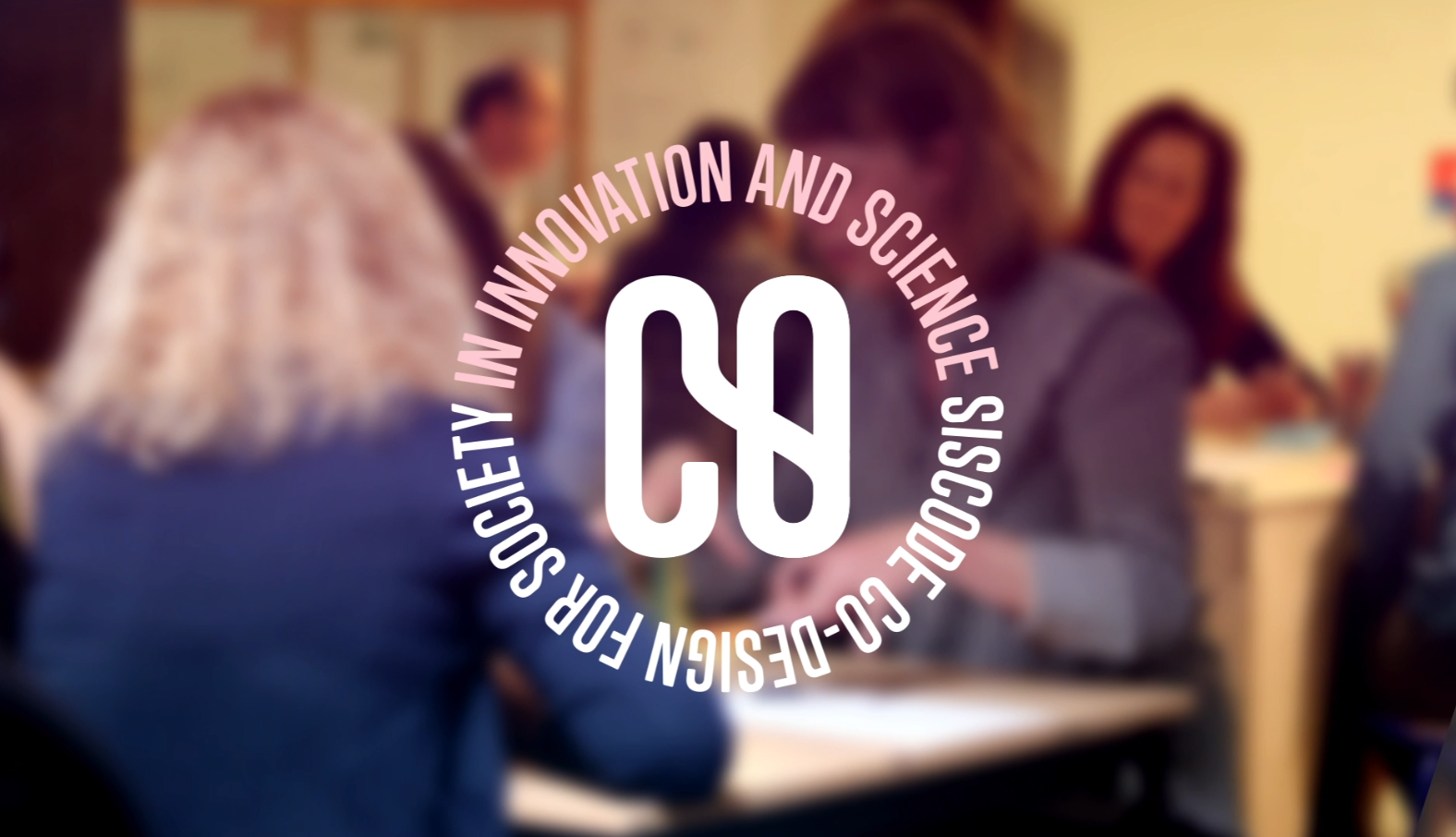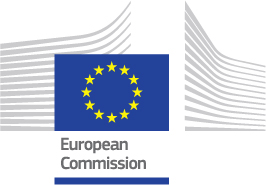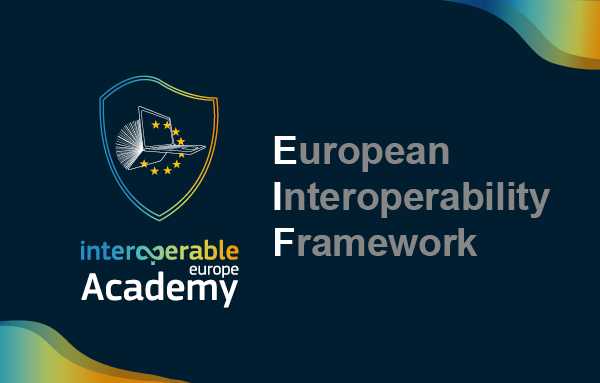Co-creation for policymakers
Course details
Target audience
Policymakers, Scientific and Research Community, Industry and Innovation, Civil society, Non-governmental organisations, Formal and Informal education community, Lab communities, Citizens, EU projects.
Learning objectives
During this course, participants will get the opportunity to question current policy-making practices and their limitations and recognise the potential of co-creation. They will understand the concept of human-centred design and examine service design methodologies when applied to policy-making. This course will equip learners with tools to explain the importance of problem framing and experiment with different stakeholder engagement methods. Then will then be able to identify the characteristics of prototyping and apply its methods to a specific challenge. By the end of the course, learners will have learned how to evaluate a co-creation process and ensure the sustainability of its outcomes.
This content is offered by the European Commission. The European Commission is the European Union's politically independent executive arm. It is alone responsible for drawing up proposals for new European legislation, and it implements the decisions of the European Parliament and the Council of the European Union.

Schedule
- Introduction
- Why do we need innovation in policymaking?
- How can human-centricity and co-creation improve policies?
- How can problems and their root causes be identified and framed?
- How can co-design be used to solve community problems?
- How can solutions be implemented and sustained over time?
- Certificate



